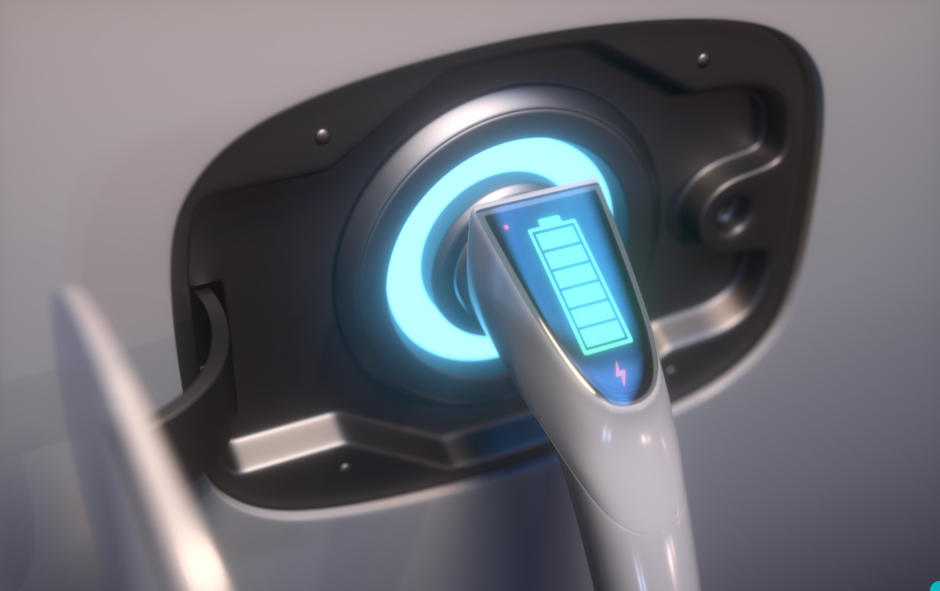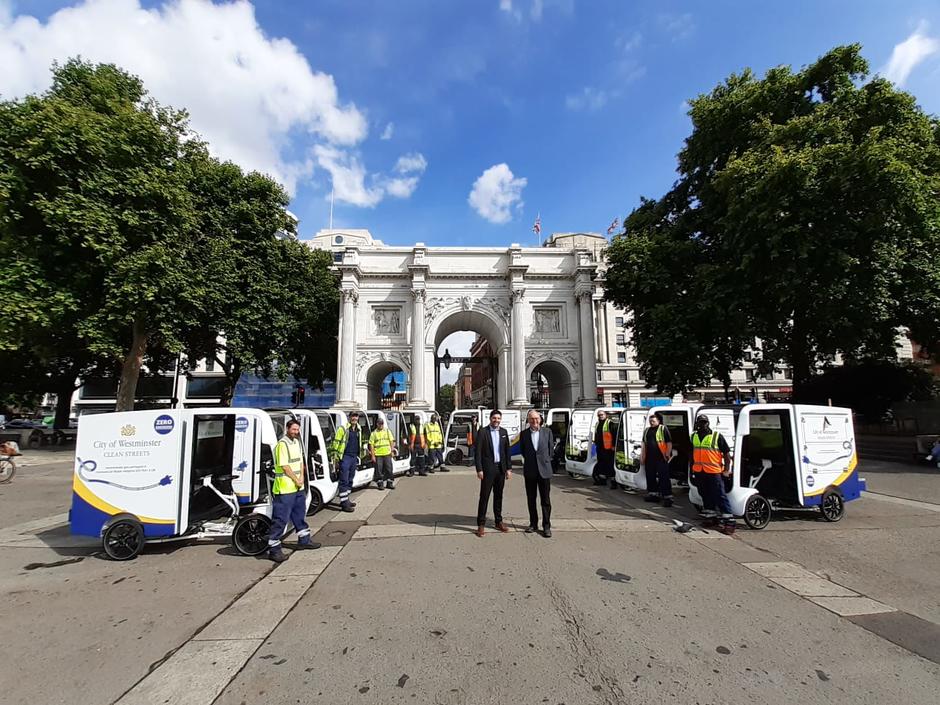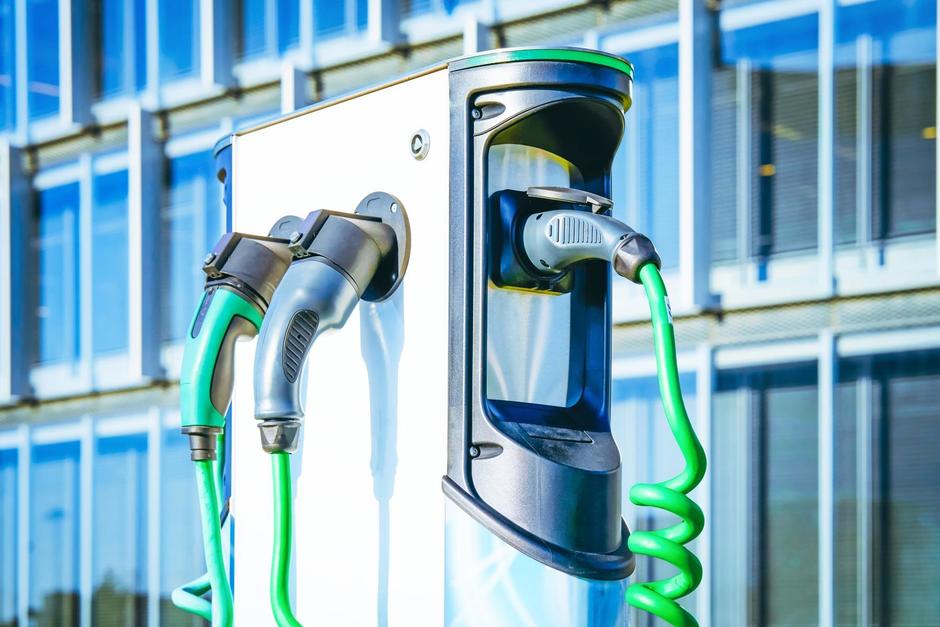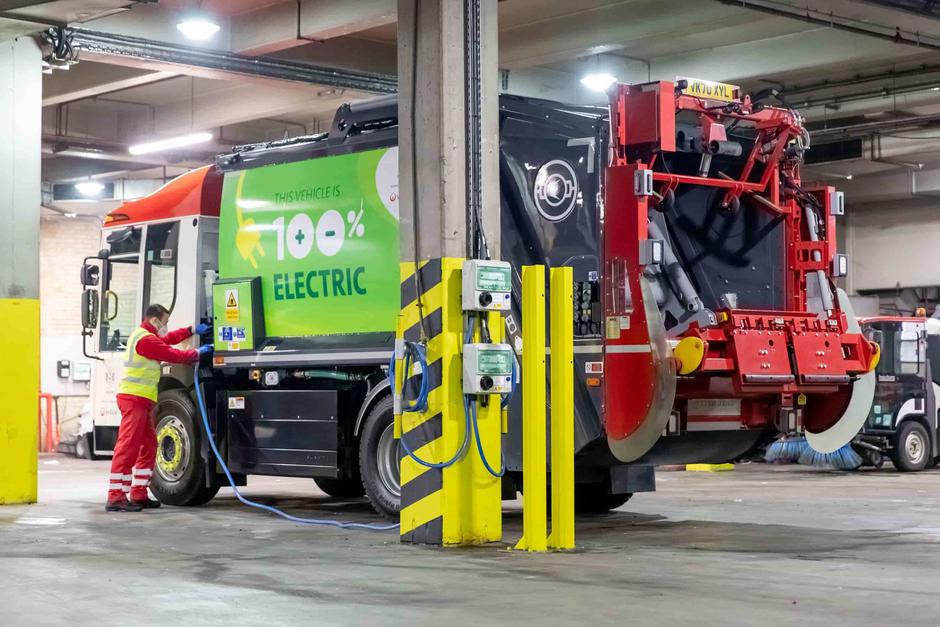£77m has been invested for the research and development of electric and hydrogen heavy vehicles - a great step toward decarbonising transport, but with more EVs on UK roads, should we consider what happens to the end-of-life batteries?
Investment in electric heavy vehicle research
The UK Government and automotive industry have collectively invested £77 million to research and development projects for electric and hydrogen large commercial and working vehicles including HGVs and emergency vehicles. It comes with the commitment to decarbonise heavy vehicle transport in the UK, to align with the zero-carbon transport target of 2050.
It is estimated that by 2030, there will be almost 600,000 electric vehicles on UK roads. That’s 600,000 batteries that will one day reach their end of life. Each one of these batteries contains critical materials that are valuable to the industry and the economy, and if not disposed of correctly and recycled at the end of their useful life, would be a wasted opportunity to build the security of resources. To ensure the automotive industry is employing full circularity, what happens to these batteries once they have served their purpose needs to be considered in the planning of further EV implementation.
Experience is key
Li-ion EV batteries contain lithium amongst critical materials that can be valuable in creating a secondary stream of resources. They are, however, more challenging to recycle in comparison to the more commonly used lead acid battery.
Veolia has expertise in EV Li-ion battery recycling from our operations in France and China and our dedicated site in Minworth, Birmingham. This site in particular has really progressed the capacity of battery recycling and treatment in the UK. The site has the technology to discharge and dismantle the batteries allowing the mechanical and chemical separation processes and extracting reusable materials.
Veolia is committed to supporting the decarbonisation of transport and has implemented EVs and alternative fuels across our operations too. In fact, Veolia has over 60 electric vehicles in Westminster alone (most of which are heavy vehicles), with plans to cut global fleet emissions by 55% by 2025.
The government’s investment into the research of large electric vehicles is a progressive step toward sustainable transport in the UK and must be strengthened by the recycling of end-of-life batteries to ensure a fully circular model for the automotive industry.
-Further Reading-
Recycling electric car batteries, an ecological issue with a circular solution
With the number of electric vehicles on the road expected to grow from 8 million in 2020 to 116 million in 2030, ensuring stable access to raw materials is a strategic challenge. According to Statista, electric vehicle sales are climbing by around 140% year on year.
Westminster celebrates World EV Day with 14 new electric street cleaning bikes
Veolia, in partnership with Westminster City Council, took to the streets to roll out their new, industry-leading fleet of electric street cleansing bikes for World EV Day. The set of 14 new bikes are an addition to the extensive Westminster fleet of over 60 electric street cleansing and collections vehicles.
Electric Vehicle Charging Stations
EV charging technologies to help your business meet its sustainability targets
Veolia announces its first electric vehicle battery recycling plant in UK
Urban mining will unlock UK’s lithium-ion battery reserves






